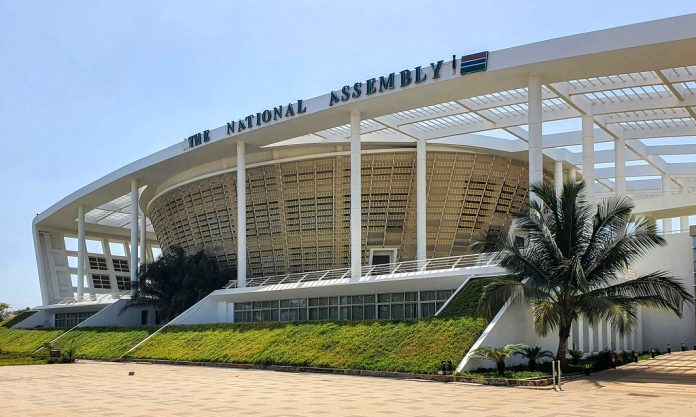By Kebba AF Touray
The National Assembly on Tuesday, September 9, 2025, continued its painstaking clause-by-clause review of the Elections Bill, preserving key provisions on the acceptance and rejection of nomination papers, while making modest adjustments to the rules governing objections.
Lawmakers resumed at clause 45, which mandates the Independent Electoral Commission (IEC) to provide symbols and colors to candidates. The provision was adopted unanimously without amendment. Clause 46, spelling out the acceptance of nomination papers, also passed without issue.
Clause 47, authorizing the rejection of nomination papers if they fail to meet legal requirements, was retained in its original form. So too was clause 48, which bars certain categories of people from seeking election, including judges and magistrates, members of the Armed Forces, police and other security services on active duty, traditional leaders such as Alkalolu and Seyfololu, and members of the Electoral Commission itself.
Clause 49, which deals with objections to nominations, was the only section amended. The National Assembly’s Committee on Local Government proposed reducing the window for filing objections—from the entire nomination period to between 8:00 a.m. and 4:00 p.m. on the day of scrutiny—and deleting subsection 3. The chamber adopted the clause with these changes.
Deputy Speaker Seedy S.K. Njie described the consideration stage as a vital opportunity for scrutiny. “The bill is appointed today (Tuesday the 9th September 2025) for continuation, in accordance with Standing Order 72. During the consideration stage, members shall have the opportunity to give detailed consideration and scrutiny to every clause and schedule in the bill,” he said.
First introduced in 2021 by Attorney General and Minister of Justice Dawda Jallow, the Elections Bill seeks to repeal the current Elections Act and replace it with a new framework aligned with international standards. The legislation is intended to modernize The Gambia’s electoral process, strengthen transparency, and guarantee full participation by eligible citizens.
“This bill has taken cognizance of the fact that electoral laws must conform to the need and aspiration of the electorates in a true democratic society for the full participation of all eligible citizens through casting of votes,” Mr. Jallow said when tabling the legislation.
Among other provisions, the bill obliges the IEC chairman to publish final results after elections or referendums, setting out criteria for analyzing and declaring outcomes.
As of late Tuesday, lawmakers were still working through the consideration process. The final outcome will be announced once the exercise is concluded.



















